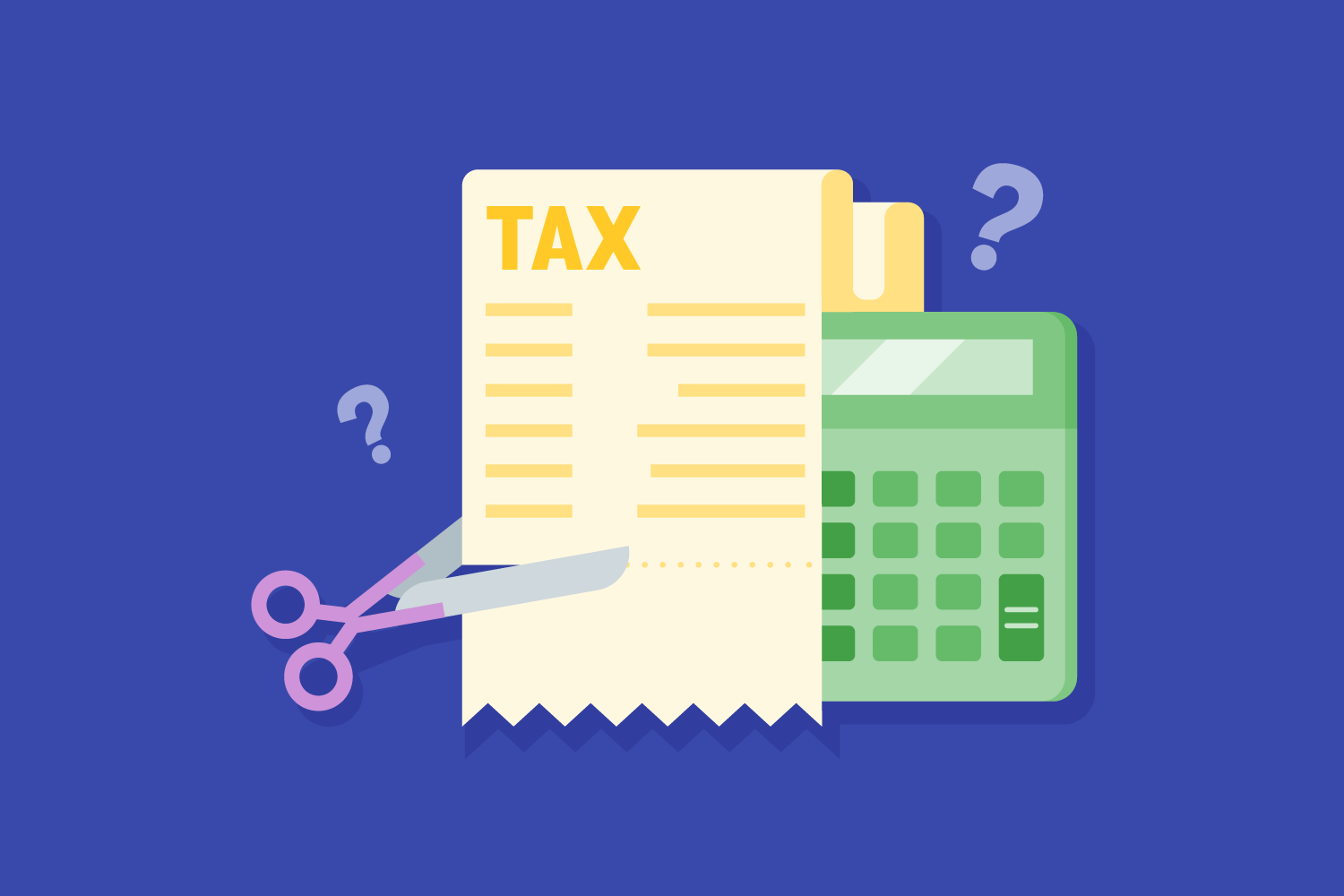Congratulations! You’re here because you won the lottery, and that’s a worthy cause for celebration!
If you’re wondering whether or not you’ll owe taxes on your lotto winnings and if your lottery tickets are tax deductible. The short answer is: yes. Uncle Sam treats lottery winnings just like your ordinary income, and your state may also do so.
We know a part of you hoped the answer would be something like, “Nope, it’s all yours and you get to spend all of it!” But don’t fret—we’ll answer some common lottery related tax questions to help you make it through tax season with your luck intact.
Take note! We are not tax experts. For the official word on lottery winnings and your federal and state taxes, double check the gambling income rules laid out at IRS.gov and your state taxing authority. It also doesn’t hurt to contact a CPA or tax attorney so you’re clear on this process.
Do I really have to pay taxes on my sweet, sweet winnings?
Lotto winnings are considered gambling income, which is indeed taxable.
Generally, if you receive $600 or more in gambling winnings, the payer (the state lottery) is required to issue you a W-2G for reporting your lotto winnings and any federal income tax already withheld on those winnings. When you file your taxes in April, all gambling winnings from the year should be reported as “Other Income” on your federal tax return form.
But wait? You’ve had a number of losses, too! Are lottery tickets tax deductible if you have losing tickets? Yes! It’s also possible to deduct your lottery losses—the cost of your losing lottery tickets—on your taxes. For folks who itemize their deductions and keep records of their winnings and losses, you can deduct your gambling losses from the year up to—but not over—the amount you also reported winning.
So, if you won $100 on the lottery and lost $300 in losing lottery tickets, you could potentially deduct up to $100 on your tax return.
What is the tax rate for lottery winnings?
So, how much do you pay in taxes for lottery winnings anyway? Well, that’s a bit of a complicated question. This really depends on where you live. Not only does Uncle Sam want his piece of the pie, but state and local governments might also require you to pay taxes on your winnings in addition to the federal taxes. Let’s break it down a bit:
Federal Tax
State lotteries are required to withhold 24% from winnings of $5,000 or more, which will go to the federal government. There could be a difference between this mandatory withholding amount and what you’ll ultimately owe the IRS, depending on your tax bracket. Your lottery winnings are considered income. As income, the amount won gets added to your regular income and is subject to regular income tax. Be aware! This could change the tax bracket you end up in.
State and Local Tax
Check both your state and city’s tax website for information on the rules that apply to you. If the tax speak on the website is confusing, consult a CPA or other tax advisor. They can tell you what to expect.
If your dream is to enjoy being a full-time lottery winner, consider moving to California, New Hampshire or Tennessee—all three exclude their state lottery winnings from taxable income.
How do I deduct my lottery losses?
Deducting your losses is a possibility if you itemize your deductions on Schedule A (Form 1040) but not if you take the standard deduction.
Keeping good records is essential. You should also be able to provide supplemental records, like payment slips and winning statements, to back up the amounts you report on your taxes.
This is where Jackpocket comes in handy! Jackpocket lottery app users can see all their ticket orders anytime in the Orders section of the app.
Just tap Orders at the bottom of the home screen to view past orders and ticket scans. You can even filter by winning tickets only. Convenient, right?
For more information, check out “How Do I Claim My Gambling Wins and/or Losses?” on the IRS website.
Tax on lump sum vs. annuity lottery
When you win big, you get a choice of taking all your winnings at once or taking payments over a period of time. The choice you make affects the taxes you pay. So, how do you decide: lump sum or annuity?
We must stress the importance of planning for the lottery after taxes, as the amount actually received after taxes will be significantly lower than the prize advertised. Make certain to consult with a tax attorney or CPA to review your tax situation and decide which option is best for you and your circumstances.
FAQs
I don’t live in the state where I bought my winning lottery ticket. Do I still owe state taxes?
In general, if you win in a state other than where you live, the state where you got your ticket will enforce taxes first. Then, your winnings are taxed by the state you reside in. (This also applies to games such as Powerball or Mega Millions.) If your home state has a lower or similar tax rate, you may not owe taxes to your state. If your home state has a higher tax rate, you may get credit for the taxes you already paid to the state where you got your lottery ticket and just pay the difference.
Can I change the amount of taxes the lottery withholds?
No. The law governs how much the lottery must withhold from you before receiving your winnings. You can’t control how much or little that is. What you control is this: making certain to save some of the funds received to cover any additional taxes owed.
Does winning the lottery impact my tax bracket?
It may. It depends on your current tax bracket and how much you win.
Here’s an example: Say you make $48,000 per year at your regular job. This puts you in the 22% tax bracket for 2024. You win $50,000 playing Powerball. The $50,000 won + your regular income of $48,000 gives you an annual income of $98,000. The 22% tax bracket covers income between $47,151 and $100,525. As a result, you stay in the same bracket. A larger prize or additional regular income would put you into a higher bracket.
Keep up the good luck!
*Jackpocket does not provide tax, legal or accounting advice. This material has been prepared for informational purposes only, and is not intended to provide, and should not be relied on for, tax, legal or accounting advice. You should consult your own tax, legal and accounting advisors regarding your federal and state taxes.




